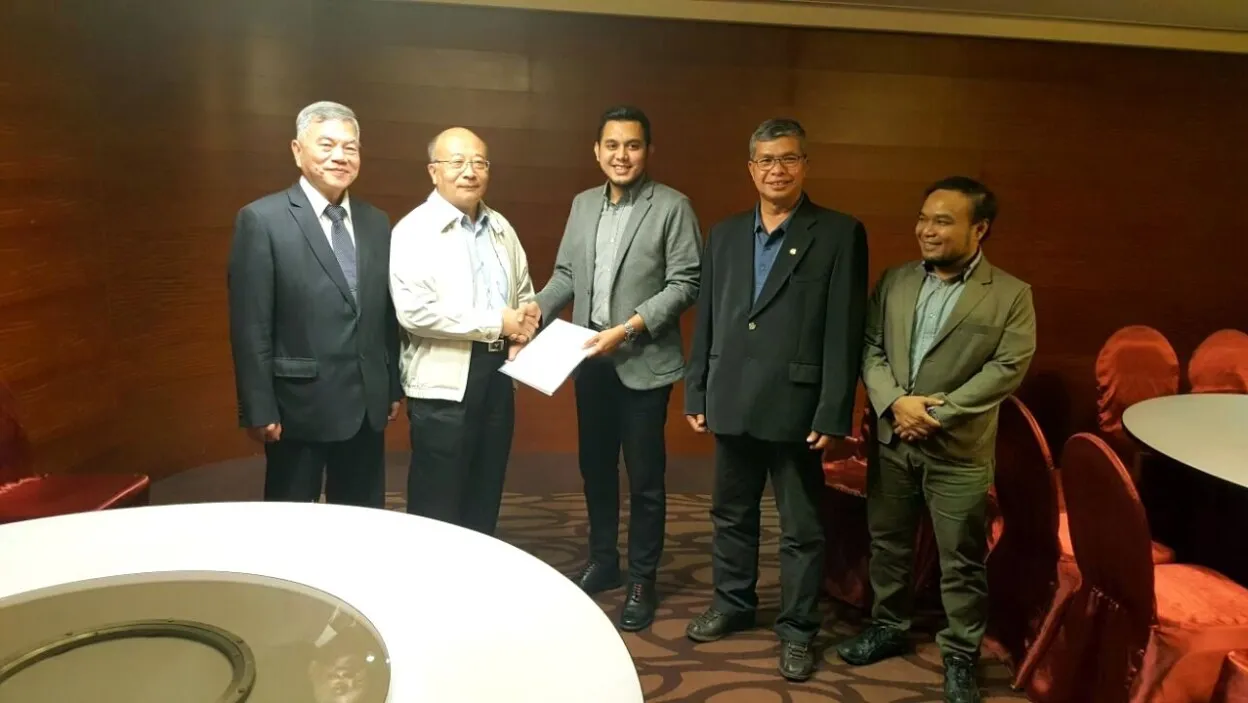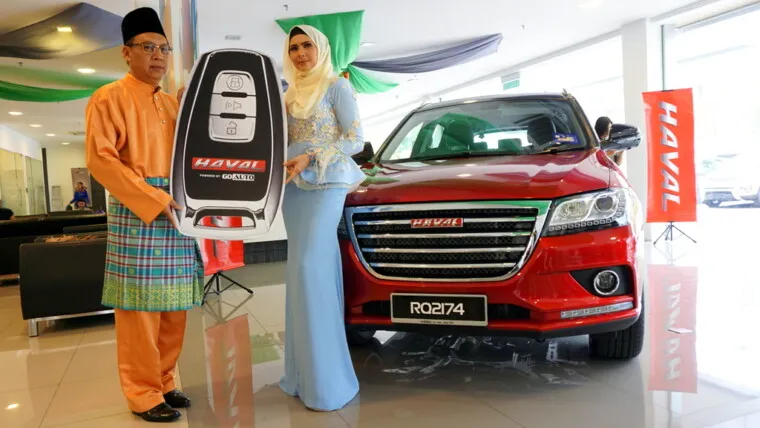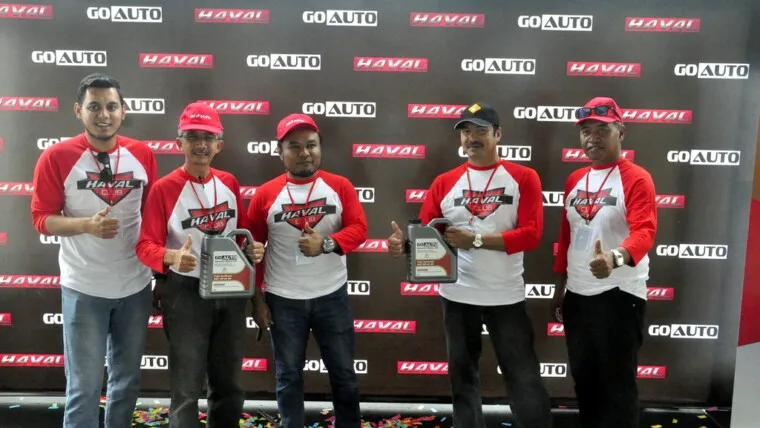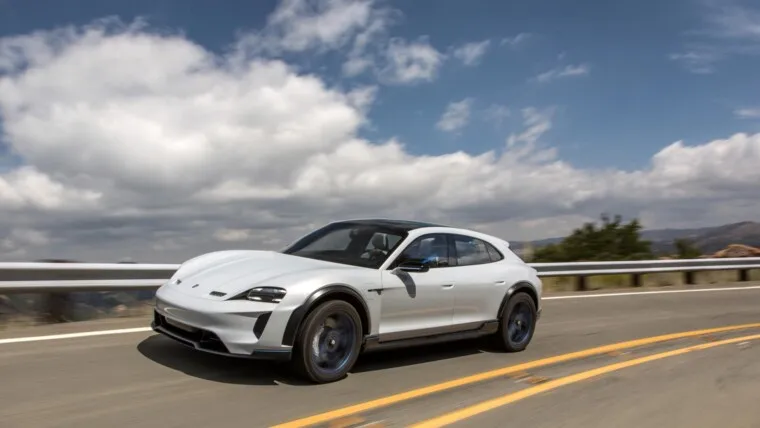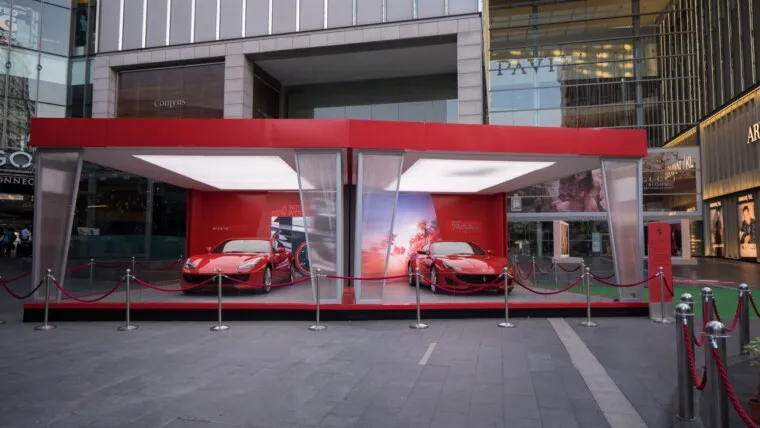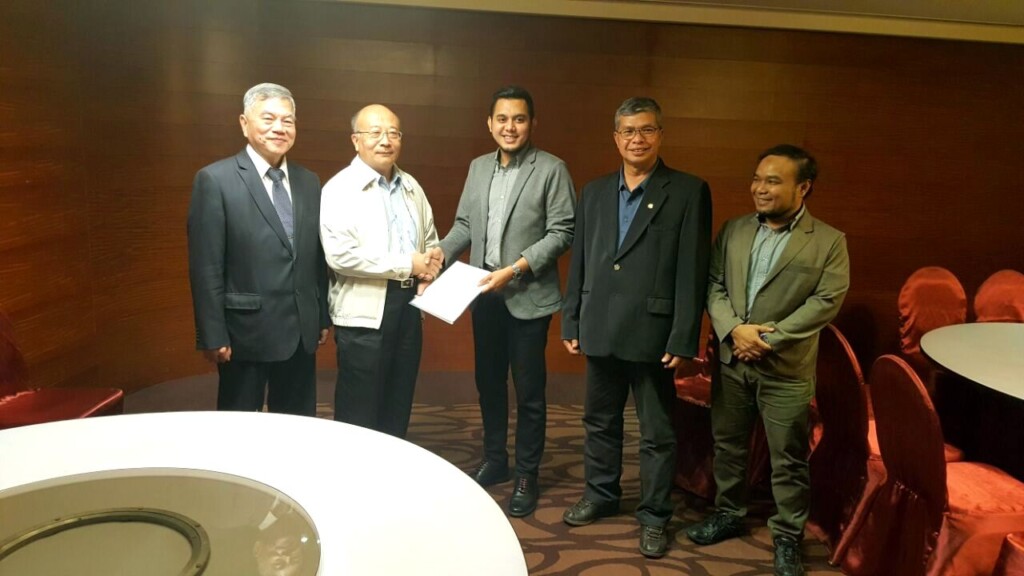
Go Automobile Manufacturing (Go Auto) has recently signed a technical agreement with Fukuta Electric & Machinery Company Ltd. Taiwan (Fukuta) to develop the ecosystem electric vehicles (EV). The agreement is to make Malaysia as a hub for manufacturers and EV components in the ASEAN market.
Among the objectives of the cooperation between these two companies is to develop the facilities of Research and Development (R&D) for the EV system components, such as the creation of “High Efficiency Power Motor” and the transmission system, including production facilities to meet demands for local and export markets. The partnership also involves the development of the EV prototypes of bus, taxi and food truck.
Go Auto-Fukuta signing ceremony was officiated by Dato’ SM Azli Tan Sri SM Nasimuddin Kamil, the Executive Director of Go Auto, together with Gordon Chang, the Fukuta Managing Director, during a working visit on the 21st to 26th November 2016.
In line with the National Automotive Policy (NAP), Malaysia has set a target of 1 million sales for total industry volume (TIV) in 2020, with 10% of EV. Go Auto’s involvement in the development of EV and high-tech components is the successful result of the STRIKE Program organized by the MIGHT Technology Nurturing.
STRIKE is a new integrated program in the implementation of the 11th Malaysia Plan which seeks to open up opportunities for local companies to develop green technology industry in the country. STRIKE focuses on 4 main clusters of Renewable Energy (Solar), Green Mobility, Bio-Degradation of Materials and Smart City. For the record, Go Auto has lead the Green Mobility cluster during the STRIKE program, as Go Auto is a leading company that develops this EV ecosystem program.
“Fukuta has proven to have extensive experience in the EV industry involving the development of “High Efficiency Power Motor”, original equipment manufacturing (OEM) and original design manufacturing (ODM).” “High Efficiency Power Motor” produced by Fukuta managed to get a certificate of international recognition through the International Standards Organization (ISO) and the Certificate of Completion and Compliance China (CCC) and recognized by the CSA/C/US,” said Dato’ SM Azli Tan Sri SM Nasimuddin Kamil, the Executive Director of Go Auto.
Fukuta began producing electric sports car on a large scale in 2007. The company was also the first recipient of the national industry in Taiwan. In addition, it is also responsible for developing the power motors for Tesla Motors’ models. Besides Tesla Motors, among its customers are the Luxgen and Alta Motors.
Since its first year in the industry, Fukuta has received numerous accolades in Taiwan for the company’s commitment to develop and manufacture the transmission system and motor. Among its biggest success is developing the power motors for the Tesla Motors’ EV models. Fukuta factory covers an area of 5,950 square meters with a sales turnover of USD 40 million (RM179 million).
To further strengthen the ecosystem in Green Technology, in addition to the components of “High Efficiency Power Motor”, Go Auto is also developing other components such as EV batteries and communication controlling systems (Telematics). All components will be developed by the Go Auto vendors under the vendor development program (VDP) organized by the Ministry of International Trade and Industry (MITI). Through the program, Go Auto will create many new vendors to manufacture and supply the EV components, and more jobs in the Green Mobility as projected in the STRIKE program.
Besides Fukuta, Go Auto has also established a cooperative agreement with Higer, a manufacturer of electric buses that will begin to be marketed in Malaysia by the end of 2017.
Azli also claimed that, both the facility development plan and construction are progressing smoothly. The facilities to be built will have a production capacity estimated at the beginning of 10,000 units per year.

